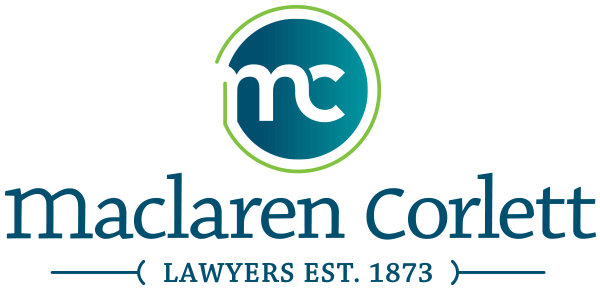In my previous life as a marketing executive, one of my boss’ favorite sayings was “statistics are like a lamppost: more often used for support than illumination”. This is a good thing to remember when you are dealing with the issue of claim support. Think first about whether the information that you are using is research that was conducted in order to support the claims you are now wanting to make…or are you trying to make data from a previous study, conducted for an entirely different purpose, support the new direction in which you wish to take your product? One of the things that I review with clients is the actual wording of the question that was asked of the respondents of a study, to ensure that the data being used as support for their claim is truly “on point”.
Sometimes previous data on file may be appropriate but keep in mind that the reasons for which you want to use the information may have legislative or “rule of thumb” requirements that must be met. Previous data may not always meet these requirements, and furthermore the requirements will vary in how stringent they are depending on the type of claim (a “hard” efficacy claim vs a “soft” consumer preference claim) and the type of product (food, drug, cosmetic, medical device, etc.) about which the claim is being made. If you are making efficacy claims, Health Canada may have rules about not only the number of respondents in the study used to support the claim, but requirements (sometimes quite stringent) about the methodology, geographic diversity and time frames; but even the softer, consumer preference claims need data that supports the same geographic and demographic profile as the target group to whom you are making the claim.
One of Steven Covey’s 7 Habits™ is “Begin with the End in Mind”. He was talking about the habits of highly effective people, but the same is true of research. What are you trying to find out? How will the information be used? And by whom? Remember that research supporting a claim can be challenged – by regulators, consumers or your competition if a trade dispute or other complaint action should arise – so make sure that it is in a form in which the particular support you are dealing with can be isolated if it needs to be shared, and other proprietary information, or information that you would not want to make public, can be easily excluded.
Thinking ahead to the various potential uses for research you are considering conducting, as well as the claims you want to make, and actually having your lawyer review some of the potential claims and questions for that study, can save you time and often significant money later on.

